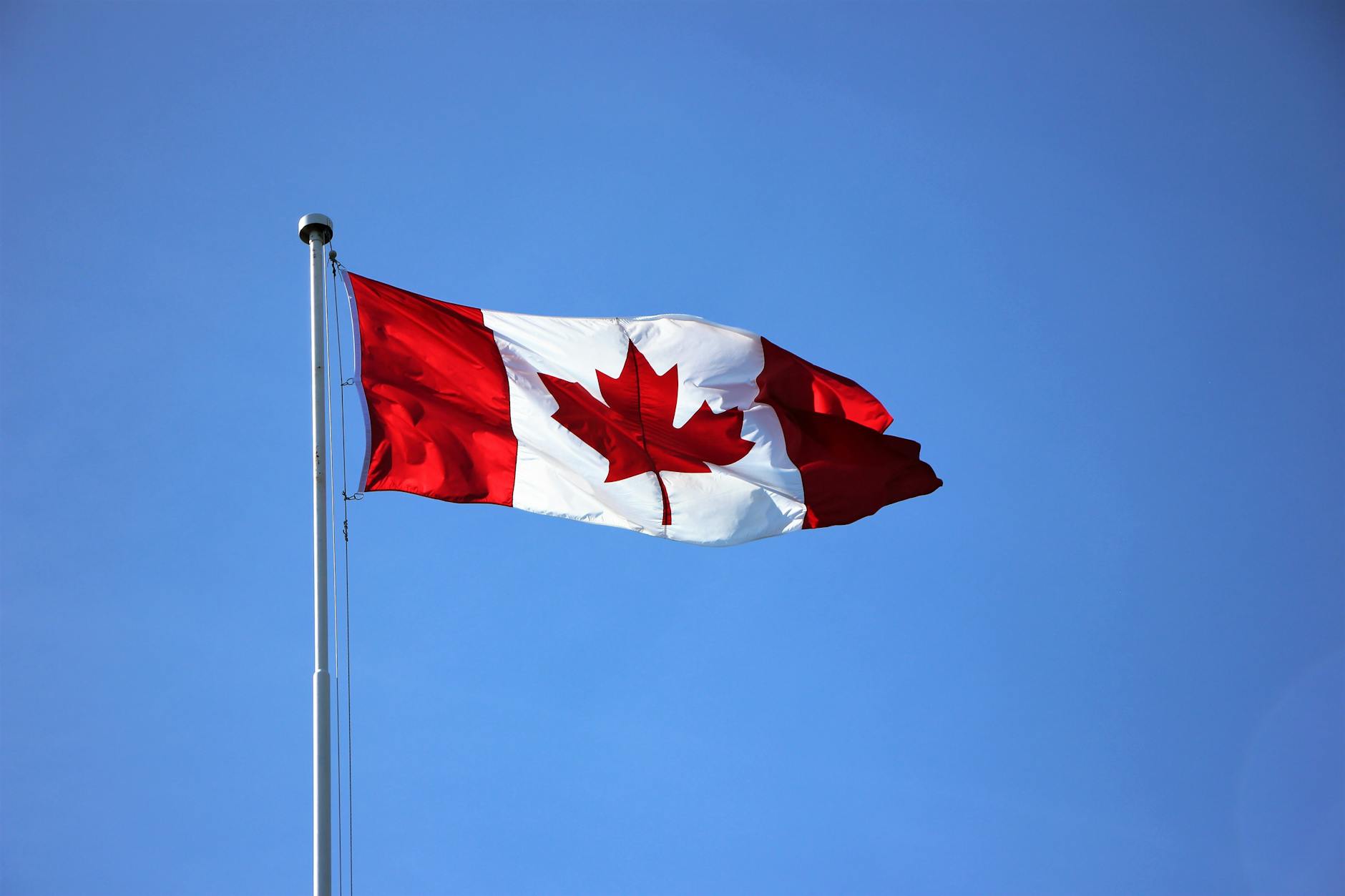
Study In CANADA
Studying abroad in Canada can be an enriching experience due to its high-quality education system, diverse culture, and excellent post-graduation opportunities. Canada is home to some of the top universities and colleges in the world, offering a wide range of programs for international students. Here’s a comprehensive guide on how to study in Canada:
1. Why Study in Canada?
- Top Universities: Canada has numerous world-class institutions like the University of Toronto, McGill University, the University of British Columbia, and more.
- Cultural Diversity: Canada is known for its inclusive and multicultural society, making it a great destination for international students.
- Post-Graduation Opportunities: Canada offers work permits and pathways to permanent residency for international graduates.
- High-Quality Education: The country provides excellent education with globally recognized programs.
- Safety and Quality of Life: Canada ranks high for safety, healthcare, and overall quality of life.
2. Popular Courses and Fields of Study
- Engineering (Mechanical, Civil, Computer Science, etc.)
- Business & Management (MBA, Marketing, Finance)
- Health Sciences (Nursing, Medicine, Public Health)
- Computer Science & IT
- Environmental Studies
- Arts & Humanities (Psychology, History, Literature)
- Law & Political Science
- Social Sciences
3. Types of Institutions
- Public Universities: These are degree-granting institutions offering undergraduate, graduate, and doctoral programs.
- Examples: University of Toronto, McGill University, University of British Columbia (UBC).
- Private Universities: Generally smaller, with a more specialized curriculum.
- Example: The University of Canada West (UCW).
- Colleges: Offer diploma and certificate programs, typically in fields like engineering technology, business, health sciences, etc.
- Example: George Brown College, Seneca College.
4. Admission Requirements
- Academic Qualifications: You need to meet the academic requirements of the specific program. This may include a high school diploma or a bachelor’s degree, depending on the level of study.
- English Proficiency: Most Canadian universities require proof of English proficiency through tests like IELTS, TOEFL, or equivalent.
- Minimum scores: IELTS (6.5-7.0), TOEFL (80-100).
- Letter of Recommendation: Some programs may require letters of recommendation.
- Statement of Purpose: A personal statement outlining your motivations for choosing the program and how it aligns with your career goals.
- Standardized Tests: Some graduate programs may require GMAT, GRE, or subject-specific tests.
5. Visa and Study Permit
- Study Permit: International students need a study permit to study in Canada. You must be enrolled in a designated learning institution (DLI).
- Temporary Resident Visa (TRV): Some students from certain countries will also need a TRV to enter Canada.
Steps to Apply for a Study Permit:
- Get your acceptance letter from a Designated Learning Institution (DLI).
- Prove you have enough money to pay for tuition, living expenses, and return transportation.
- Apply online or through a visa application center (VAC).
- Biometrics may be required, depending on your country of residence.
6. Scholarships and Financial Aid
There are several scholarships available for international students in Canada:
- Vanier Canada Graduate Scholarships: For doctoral students.
- Lester B. Pearson International Scholarship Program: At the University of Toronto.
- Canadian Commonwealth Scholarship Program: For students from Commonwealth countries.
- Specific University Scholarships: Most Canadian universities offer merit-based scholarships for international students.
7. Cost of Studying in Canada
- Tuition Fees: The cost varies depending on the program and institution, but on average:
- Undergraduate: CAD 7,000 – CAD 29,000 per year.
- Graduate: CAD 7,000 – CAD 18,000 per year.
- Living Expenses: Approximately CAD 10,000 – CAD 15,000 per year, depending on the city.
- Major cities like Toronto and Vancouver tend to have higher living costs.
8. Work Opportunities for International Students
- On-Campus Work: You can work on-campus without a work permit if you’re a full-time student.
- Off-Campus Work: You can work off-campus for up to 20 hours per week during regular school sessions and full-time during breaks if you meet certain conditions.
- Post-Graduation Work Permit: After graduation, you can apply for a work permit to gain Canadian work experience, which can eventually lead to permanent residency.
9. Post-Graduation and Immigration Options
- Post-Graduation Work Permit (PGWP): Allows you to work full-time in Canada for up to three years after completing a program of at least 8 months.
- Express Entry: Canada’s immigration program for skilled workers that allows graduates to apply for permanent residency.
- Provincial Nominee Program (PNP): Some provinces offer additional pathways to permanent residency for international students who have completed their education in Canada.
10. Top Canadian Universities for International Students
- University of Toronto (U of T): One of the top-ranked universities in Canada and the world.
- McGill University: Located in Montreal, known for its strong research programs.
- University of British Columbia (UBC): Located in Vancouver, offering a wide range of programs and great research opportunities.
- University of Alberta: Known for its strong programs in engineering, business, and health sciences.
- McMaster University: Known for its innovative approach to teaching and research, particularly in health and business.
11. Accommodation Options
- On-Campus Housing: Most universities offer dormitories and residence halls for students.
- Off-Campus Housing: Renting apartments or sharing homes with other students is common. Websites like Kijiji and Craigslist list accommodation options.
12. Things to Know Before You Go
- Health Insurance: International students are usually required to have health insurance. Some provinces offer public health insurance for international students (e.g., British Columbia, Ontario), while others may require private insurance.
- Weather: Canada has cold winters, especially in cities like Montreal, Quebec City, and Toronto. Be prepared for snowy and freezing conditions.
- Cultural Etiquette: Canadians are known for being polite and friendly. Respect for others’ beliefs, cultures, and backgrounds is highly valued.
Conclusion
Studying abroad in Canada offers great opportunities for both personal and professional growth. By carefully researching programs, scholarships, and living expenses, you can make the most of your Canadian education experience.
